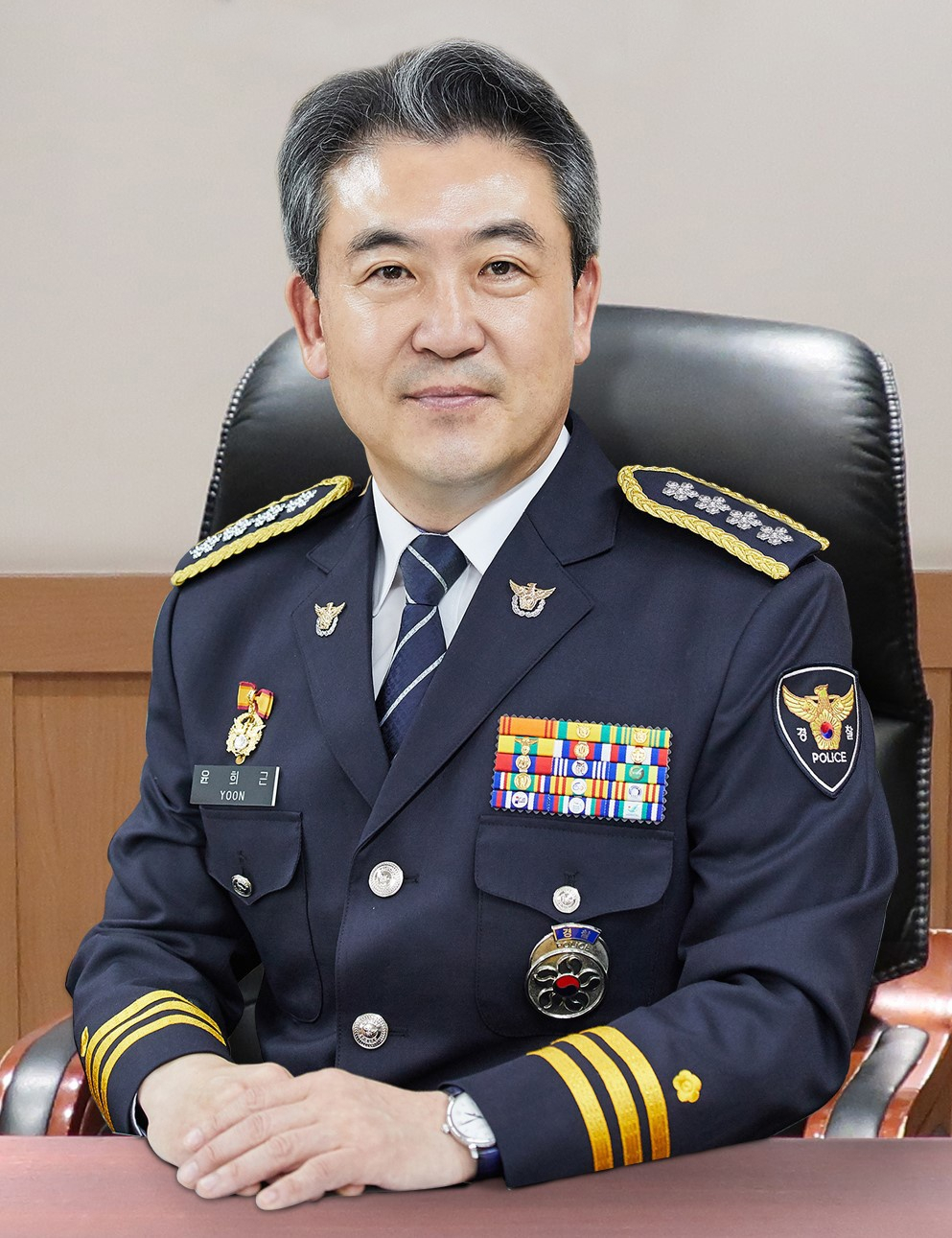[Contribution] Police solidarity and cooperation against public security uncertainties
By Korea HeraldPublished : Oct. 9, 2023 - 15:17

By Yoon Hee-keun
Industrialization and advanced technology have driven human progress, but they can also, ironically, lead to environmental disasters and transnational dangers.
An OECD report, “Emerging Risks in the 21st Century,” published in 2003, forecast that modern society would face five major risks: natural disasters, technological accidents, infectious diseases, food safety and terrorism-related risks. Twenty years later, these forecasts appear to be becoming a reality.
COVID-19, an unprecedented pandemic, has affected the entire world for years and many other new dangers, including climate change-caused disasters, have surpassed the level of our common sense, threatening our daily lives. This is also the case for the police in relation to the public security environment. Examples include transboundary drug distribution and cybercrimes that evade the conventional surveillance network.
Countries around the globe have been using sophisticated technology to prepare their police forces against future threats to public safety. Against this backdrop the Korean National Police Agency published “KNPA’s Future Vision 2050” last year, aiming to ensure public safety and security through scientific policing and to set a global policing standard.
However, as crimes transcend national borders, there is only so much that a single country can do to secure the safety of its people. This is why close international cooperation and discussions are needed to keep our society safe and secure.
The KNPA will hold the International Police Summit 2023 on Oct. 18. The Summit will bring together chiefs and leaders of police and law enforcement agencies from a total of 33 countries and four international organizations to discuss science and technology-based policing strategies in an attempt to remove uncertainties in our modern society.
The IPS will serve as a venue to share experiences and visions of the police around the world who are working to overcome physical limits by incorporating predictions derived from artificial intelligence and big data analysis into public security policy and by using robots, drones, and intelligent CCTV cameras.
In addition, the Summit will explore how to nurture police officers equipped with restorative justice and flexibility who have resilience to adjust to the digital environment and can support crime victims’ swift return to their daily lives.
In particular, this year holds a significant meaning as it marks the 100th anniversary of the foundation of Interpol. The solidarity and cooperation pursued by the police worldwide have evolved into the most effective weapon against transnational crimes and future uncertainties, and their value has increased over time.
In this regard, I hope the IPS will help to build a solid cornerstone for resolving future uncertainties in public security and provide the KNPA, as a responsible member of the international society, with an opportunity to contribute to global safety and co-existence.
---
Yoon Hee-keun is the commissioner general of the Korean National Police Agency. -- Ed.
-
Articles by Korea Herald



















![[Today’s K-pop] Treasure to publish magazine for debut anniversary](http://res.heraldm.com/phpwas/restmb_idxmake.php?idx=642&simg=/content/image/2024/07/26/20240726050551_0.jpg&u=)